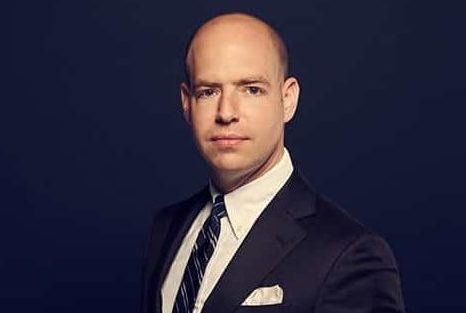Jeremy Zimet is a Principal Lawyer at Phi Finney McDonald specialising in shareholder and consumer law class actions. He has acted for thousands of complainants over the course of a significant track record in commercial litigation and class actions. Here he shares his tips on working with expert witnesses in class action disputes.
What tips do you have for fellow practitioners when it comes to selecting the right expert witness or managing the expert evidence process in class actions?
- The Expert Evidence Practice Note (GPN-EXPT), issued by the Federal Court of Australia, notes that “the purpose of the use of expert evidence in proceedings, is for the Court to receive the benefit of the objective and impartial assessment of an issue from a witness with specialised knowledge…”
- When looking to select the right expert witness, it is important to consider the pleadings, the specialised knowledge of a potential expert witness and any other attributes of the potential expert witness. When considering the pleading, it is necessary to ask what evidence is required to make out (or defend) the pleaded case. Often this will involve identifying discrete or obscure expert witness disciplines, which can be challenging. It is important that the search for the right expert witness (with the right form of specialised knowledge based on training, study or experience) be conducted at the earliest possible opportunity. Once identified, key considerations in deciding whether to retain a potential expert witness will be:
a) how the expert expresses themselves in respect of issues within their field of expertise,
b) how the expert could be seen to engage with contemporaries on issues over which reasonable minds may differ (i.e. in the context of an expert hot-tub)
c) are there any issues of credibility which may impact on the expert witness evidence adduced and
d) would this be the person’s first time as an expert witness, and if so, what are the practical impacts of that for the expert witness and/or their instructors. - When looking to manage the expert witness process, it is important to carefully consider timing for the provision of expert witness evidence and the content of any assumptions to be provided to the expert witness. Often expert witnesses have competing commitments which require management. Involving an expert witness in the process of seeking expert evidence timetabling orders, including by confirming the possible dates for trial where they will be required to appear at Court to give evidence, will reduce the risk of a timing conflict. Further, expert witnesses often require a set of assumptions in order to express an unqualified opinion. It is important that any assumptions provided to an expert witness have a proper foundation. Assumptions provided to one expert witness are often formulated on the basis of evidence adduced by another expert witness retained by the same party in the proceeding. Managing this type of cascading expert evidence requires careful planning and foresight.
- Finally, it is worth considering whether it is more appropriate to seek the appointment of a Court expert or seek the Court refer a matter to a referee for inquiry, as an alternative to adducing expert witness evidence.
